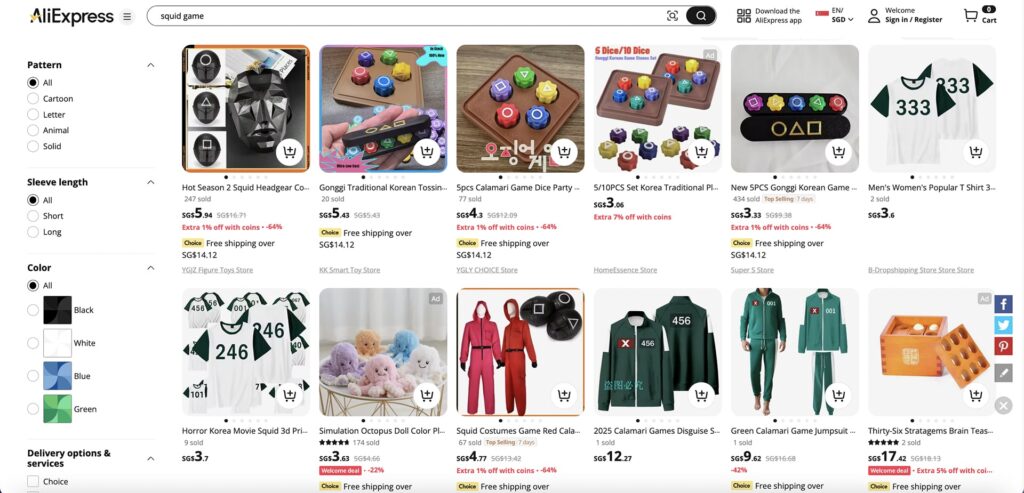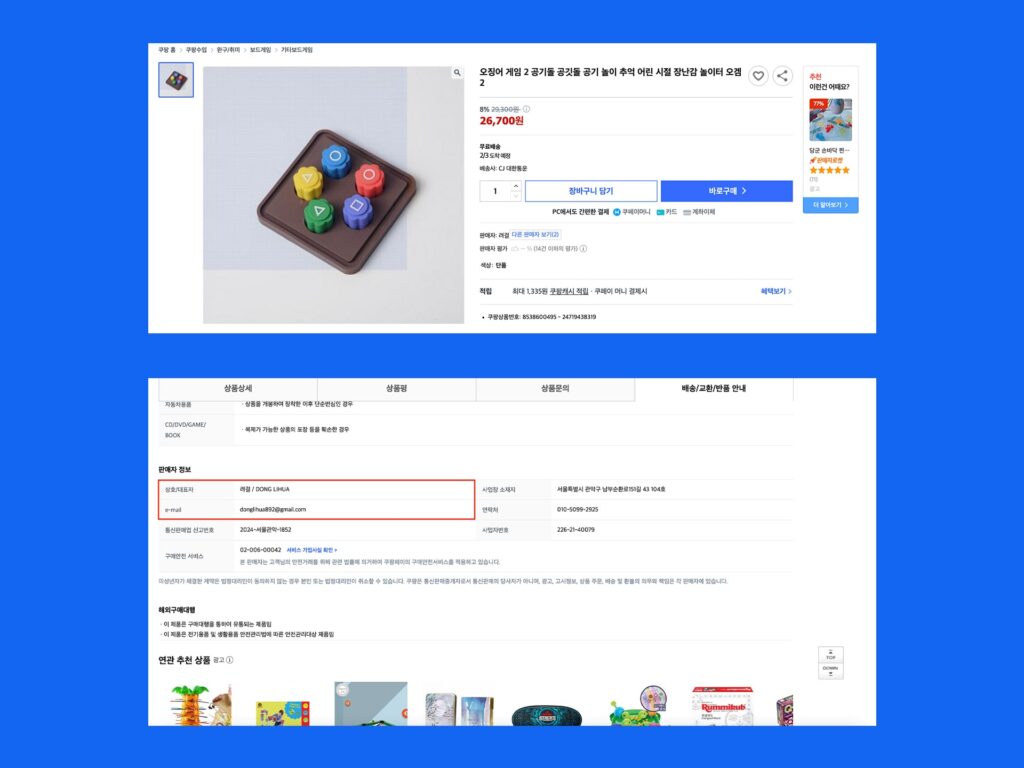Hidden beneath China’s bright outlook as the world’s second largest economy is a shadowy culture of counterfeiting and imitation. While often dismissed as an unwelcome legacy, counterfeiting has undeniably contributed to China’s economic rise, with counterfeit goods continuing to account for a significant portion of its output. The country has become not only a global leader in iterating foreign innovations but, as demonstrated by the rise of ventures like DeepSeek, adept at refining and even improving upon existing ideas.
In recent years, China has sought to overhaul its national image. Central to this push is the “Made in China 2025” roadmap which aims to shift the country from being the world’s factory for low-cost goods to a hub of innovation-driven, high-tech industries. More than an industrial policy, the initiative is a signal to the world that China aspires to create high-quality products on its own terms. However, this effort often intersects with challenges in IP enforcement and global perceptions of quality and authenticity.
The release of Squid Game 2, the sequel to Netflix’s global phenomenon, has drawn renewed attention to China’s counterfeiting culture. The show’s popularity has led to a surge of counterfeit merchandise on e-commerce platforms, including domestic and international channels like Alibaba’s AliExpress and Coupang in South Korea. A significant portion of these unauthorized products can be traced back to Chinese manufacturers.


Produced by South Korean studio Siren Pictures, Squid Game merchandise includes official collaborations with brands like Puma, Olive Young, and China’s Pop Mart. Yet, the influx of counterfeit goods leveraging the show’s IP has drawn the ire of stakeholders, including Netflix. This issue is reminiscent of the first season’s release in 2021, when a similar surge of unauthorized products flooded online marketplaces.
Among the vocal critics is Seo Kyung-duk, a professor at Sungshin Women’s University in South Korea. In an Instagram post, Seo highlighted how piracy has been rampant since Squid Game debuted, identifying platforms such as Temu and AliExpress as prominent avenues for unauthorized merchandise sales.
According to The Korea Herald, Seo contrasted China’s handling of counterfeit Squid Game goods with its rigorous protection of Bing Dwen Dwen, the official mascot of the 2022 Winter Olympics. During the event, China enforced strict measures against fake mascot merchandise, prompting Seo to question why foreign IP like Squid Game can’t be afforded the same level of oversight.
Chinese authorities have nonetheless reported progress in combating counterfeiting. Between January and September 2023, officials reported handling around 234,000 criminal cases involving counterfeit goods, seizing products valued at RMB 2.42 billion (USD 398 million). Initiatives such as public blacklists and partnerships with platforms like Taobao have been launched to curb the proliferation of fake goods, particularly in the digital marketplace, where enforcement has proved notoriously difficult.
Despite these efforts, the scale of the issue remains daunting. In 2019, counterfeit goods constituted approximately 12.5% of China’s total exports, according to a report by Rouse, contributing significantly to a global counterfeit market valued at USD 464 billion—roughly 2.5% of global trade, according to the OECD.
